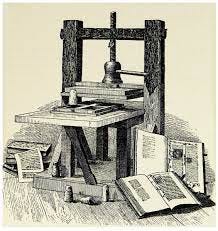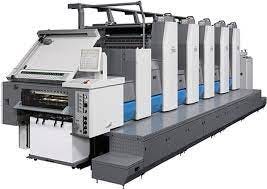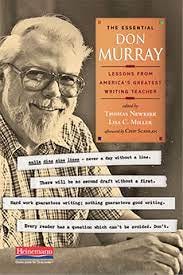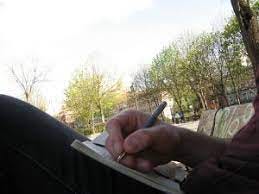When the pen is mightier than the keyboard
When you don't know exactly what you want to say you might want to reach for a pen first
I’m composing this newsletter post using a laptop computer. It feels natural to use a keyboard to write because I’ve spent more than 30 years as a knowledge worker1 and I took a typing class in high school. The work is fast, easy to edit and allows me to connect to my thoughts to the world with one click of a mouse button.
But sometimes I’d rather just use a pen.
I make my living thanks to the hums, pulses and blinks of digital systems, encased in metal and plastic and connected to the world through circuits, wires and fiberoptic cables. The endless rush of electrons forms a symphony of millions of precisely aligned instructions that keeps my employer functioning and money flowing out and in, matching the flow of goods and services across continents. Today’s computers and application systems, even for a single company, muster a power and complexity that’s mind boggling in a historical context. And it is just one collection of voices and instruments in a global orchestra of orchestras.
And yet… most days, in spite of the incredible tools that connect billions of people, including this small but growing electronic newsletter, I’d rather just have a decent pen and a good notebook and write my thoughts out on paper. I’d rather use ink to messily yet deliberately conduct my ideas from my head to my hand then to paper without anyone looking over my shoulder. And so I do this whenever I can. More than 1600 daily journal entries, odd jottings on index cards and notebook pages and now the seeds for this newsletter: they accrete.
It’s impossible for pen and paper to match the potential reach of the keyboard and the Internet. Centuries ago the printing press was a marvelous innovation that allowed mass production of books and pamphlets that could be spread for miles, eventually dooming the work of the scribe while allowing one’s thoughts to be expressed to people you might never meet in person. Efficiency and scale have increased so dramatically since then!
But at the same time, the intimacy of printing letters or writing in cursive is an experience that the keyboard can’t quite duplicate. The reduction in effort is also a reduction in contact with your creation. It takes me a split second to type the letter E; it takes me several times longer to trace the letter on the page. The extra time adds up. On average you can handwrite about 13 words per minute. An average typist can produce 3x as many words in that amount of time. If the words are pent up inside you, like a bladder about to burst, faster may be better!
My experience with writing suggests that the flow of works and ideas is frequently much slower. With long frustrating pauses.
Don Murray, a famous American writer and writing teacher, talked about prewriting and rehearsing is a part of the writing process and argued that it could take much longer than creating a first draft of a published work. He once suggested that creating that first draft was only 1% of the overall process of writing, with 14% spent prewriting and rehearsing what you want to write2. Twyla Tharp wrote about scratching as part of her creative process: investigation, reading, trying out ideas in bits and pieces to attempt to unearth the work she wanted to create.
I believe that using pen and paper provides a private, safe environment to express what you are thinking and feeling. Thoughts can be murky, unformed and tentative at first. You may feel embarrassed and unsure of yourself. It may seem foolish to say something that seems non-sensical in its raw and uncertain state.
I’m here to tell you that this is normal. It’s OK. And if taking the time in private, one pen stroke on paper at a time, to develop your idea is what you want (or need), then do it! Efficiency is wonderful but 100% efficiency is both impossible and frequently ineffective to create the best, most personal work.
Give yourself permission to be slow, hesitant, and deliberate. Let your writing be messy at first. Cross words out. Tear up pages if you want, then reconsider and rewrite them if you need to. Prewrite, rehearse, scratch, experiment, explore, muse, freewrite, speculate, doubt, rethink, test, blurt, rant, rave, love, idolize, gush, worship, gut, despise, scorn, describe, appreciate: pen and paper are wonderful ways to pull and tease ideas out of your head and play with them, gaining a nugget of clarity and shape at a time.
If you want to be fast and efficient it’s hard to beat the keyboard… when you have a good idea about what you want to say.
But sometimes the pen is mightier than the keyboard at the beginning of a journey.
And four years of university before that.
Murray also claimed that rewriting could take up to 85% of the process of producing a finished work. I have no idea if this is true; I doubt most bloggers have this much time available!








